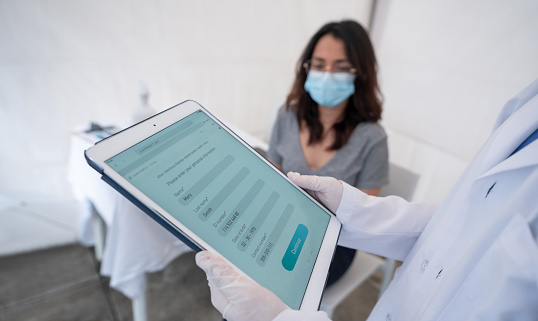
In this time, when most industries rely on digitizing most documents for faster and more reliable transactions, the hospital industry’s digital patient records enable multiple healthcare providers to access the same information. The same information is available in various locations, which improves the quality of care. It is also essential for the patient and their family to feel comfortable with their health care provider.
With EMR Philippines, a physician can see a patient’s current test results and recommend treatment options to other physicians regarding the patient’s condition, ensuring better outcomes and higher satisfaction. Further, a digital medical record can facilitate communication between doctors, patients, and providers.
One of the main benefits of electronic medical records (EMR) is sharing of secure patient information between multiple organizations. These records enable more efficient delivery of health care to patients. For example, a patient may need to see a history of medications they have taken in the past, or a parent may want to learn about their child’s immunizations.
Another benefit is that electronic medical records make it easier for physicians to maintain confidentiality. Paper records are not nearly as secure. A physician can quickly review a patient’s medical history if they are unsure whether a particular treatment is effective or not. With an EMR, the doctor can check the accuracy of any diagnosis.
In addition to being more convenient, EMRs provide better information than paper-based records. EMRs can give information in pie charts and graphs, making it more visually appealing and easier to understand. Besides helping doctors track and monitor their patients’ condition, EMRs also save them time and money than manual paper and paper transactions in the hospital.
More and more healthcare providers turn to EMRs for faster transactions and communication and you can also try it for yourself.